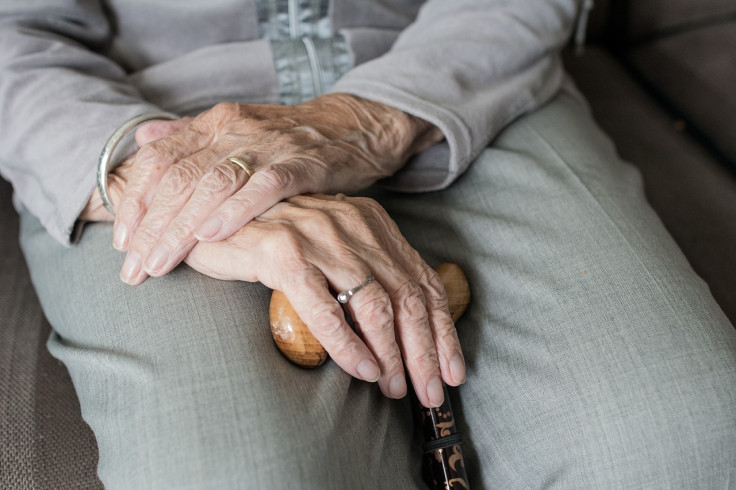Talking robots help ease loneliness and boost mental health of seniors in care homes
The elderly who interacted with the robot Pepper for up to 18 hours over a period of two weeks exhibited a significant improvement in mental health.
The elderly may find a good companion that could help keep their mental health in tiptop shape and it is in a very unlikely being - talking robots.
Britain and Japan have started testing Pepper, a robot that has the ability to interact with the elderly in care homes. Pepper was part of Culture-Aware Robots and Environmental Sensor Systems for Elderly Support (CARESSES), a global study funded jointly by the Ministry of Internal Affairs and Communications of Japan and the European Union, in an effort to investigate how artificial intelligence (AI) will play a role in senior care.
Researchers noted that the elderly who interacted with Pepper for up to 18 hours over a period of two weeks exhibited a significant improvement in their mental health. They also found that they saw a minimal, yet positive impact in terms of the loneliness level among the users.
What makes Pepper more viable in interacting with the elderly is its ability to sustain a conversation in accordance with the cultural preferences of the older people. The robot is fully autonomous and does not need somebody to control it to fully be able to engage the elderly. It also plays music and entertainment when the senior would need it.
The vision of CARESSES was to help reduce the pressure that many hospitals and care homes experience when it comes to taking care of the elderly. Culturally competent robots will be able to assist caregivers in a number of tasks. They made sure that the robots are aware of the culture of the elderly whom they are interacting with because it is the best way to make them acceptable for the older population.
Dr Chris Papadopoulos, lead author of the evaluation of the study related to CARESSES said in an online statement that the study was groundbreaking. He said that based on the results of the study, using robots like Pepper showed real benefits for the elderly who tend to live longer but with fewer people caring for them. He also added that robots help alleviate loneliness and poor mental health.
Papadopoulos also narrated to CNN that when they started the project, they saw clearly that loneliness was a significant problem among the elderly and it was one thing that they were set to tackle. It is also very timely today amid the pandemic considering that in care homes, there are enforced isolation, as well as selective isolation, which undeniably resulted in loneliness. He likewise added that although it is still at the prototype level, they have already seen how it was able to improve well-being and mental health.
© Copyright IBTimes 2025. All rights reserved.






















